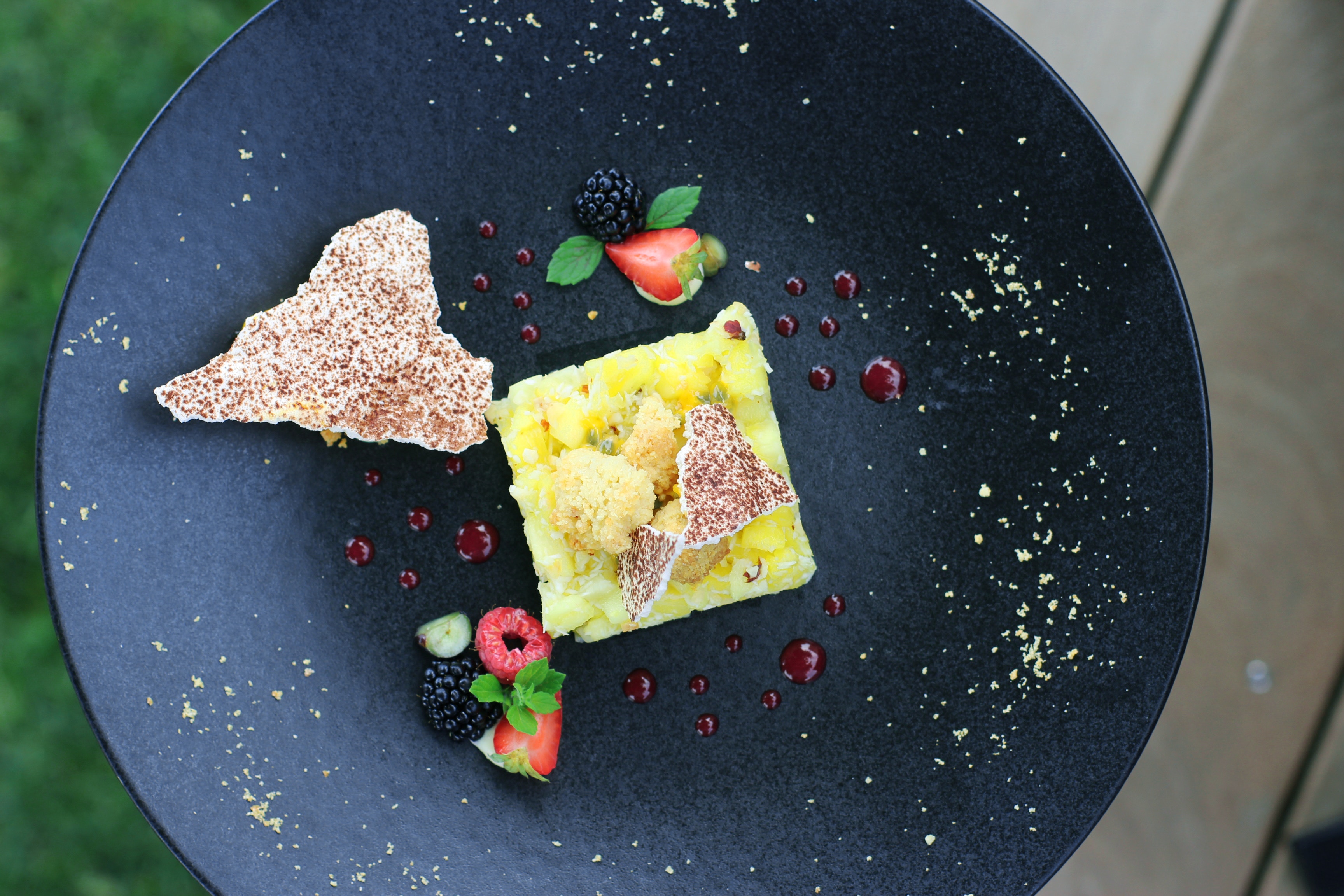Molecular Gastronomy: Ingenious or Overrated Title?

Arguments are being raised recently about whether gastronomy has become a phenomenon or is it too overly ambitious; testing gadgets in a kitchen. Gastronomy may be defined as the art of selecting, preparing, serving, and enjoying fine food. Molecular gastronomy on the other hand, seeks to investigate the science of food, questioning the transformations that may result from using various cooking techniques. Heston Blumenthal when interviewed by Jay Rayner from Guardian Newspaper speaks about the historical aspects of gastronomy and how it all began. He explains it was developed in 1992 by Elizabeth Cawdry Thomas, an English cookery teacher who began a workshop on the physics and chemistry of cooking. She recruited Nicholas Kurti, an Oxford physicist, Harold McGee, the American food science writer, and Hervé This, French physical chemist and magazine editor in Paris, who all became part of her organization. Kurti and This’s goal was to find how ingredients impact various cooking techniques and how your senses reacted towards food.
Molecular Gastronomy’s modern approach to cooking has created a great controversy between scientists and cooking professionals. J. Hegarty and J. Antun, editors of the Journal of Culinary Science and Technology pose questions. Has gastronomy gone over the top in discussing meal items like it were a science gadget or made to be enjoyed for its taste? What about prices of food served at the most prestigious restaurants such as the Fat Duck and French Laundry? Consumers and chefs alike are worried about how much food will be served on a plate with the expense it may carry using over the top equipment and ingredients. “You have to search for food on the plate” says some critics who question this controversy, discussed in the article; Is chemical Chef dividing culinary Arts and Gastronomy? It has now become a war to preserve traditional French cooking methods made by famous gastronomes such as Jean Anthelme Brillat-Savarin and Georges Augustee Escoffier.
When people hear molecular gastronomy or molecular cuisine for the first time, they often mistakenly view it as unhealthy, synthetic, chemical, dehumanizing, and unnatural. This is not surprising, given that molecular gastronomy is based on using sous vide machines, flasks of liquid nitrogen, syringes, tabletop distilleries, PH meters; not to mention food chemicals with names like carrageenan, maltodextrin and xanthan. For this reason, many 21st century chefs such as Heston Blumenthal three Michelin Star, owner of the Fat Duck in Bray, rated one of the 50 best restaurants worldwide, does not accept the term molecular gastronomy. “The danger is that technology overtakes the value of the dish” (Blumenthal). In his perception, it creates a barrier artificially which makes the word “molecular” sound overly complicated. He questions whether it is appropriate to speak of food in such complicated manners. Chefs prefer other terms like “modern cuisine”, “modernist cuisine”, or “experimental cuisine”.
Similarly, the Journal of Culinary Science and Technology also illustrates dislike for the categorization. “I personally have decided to devote my energies to moving cooking and eating along rather than being idle trying to label what it is we are doing,” (Blumenthal). Meanwhile, the trade journal Molecular and Beyond describes another great chef, Pedro Subijana of Spain’s two-Michelin-starred Restaurante Akelarre in San Sebastian, isn’t happy with the molecular denomination, either. “It’s not like cooks have the background or the devices to see molecules,” he complains. They acknowledge that a new approach has erupted recently, but debate that some aspects have been overly emphasized. For example, churning ice cream in a bowl with liquid nitrogen, using pressure probes to check the crunch factor of a batter, and blow-torching a steak before it is cooked to seal in juices.
Take a lookat all these things that are done for these dishes and realize that they are still the traditional fish and chips, classic ice cream, and steak on your plate. It is simply a more advanced and efficient technique used in kitchens today, when preparing any regular meal. We should be fortunate that there are many tools that are at our disposal as we try to succeed producing delicious dishes such as the common food processor. Modern thickeners, enzymes, sous-vide, dehydration, and various non-traditional methods are used but do not define cooking (Blumenthal).
In essence, people have stereo-typed the term molecular gastronomy to sound like mad scientists stirring up explosions in a kitchen. The more advanced methods of cooking have been exaggerated greatly, affecting the genuine outcome during production. It is simply a more modernized approach, making it a fun and experimental journey through personal development in fine cuisine amongst chefs today. They take great prowess in developing unique strategies to conquer the traditional methods of cooking to bring a sense of uniqueness to the table. Such skills prove to be efficient by understanding the physical and chemical aspects of foods, and how it contributes to kitchen performances and the final product in food production. In the attempt to comprehend the wonderful outcomes of experimenting food, chefs try to develop out-of-the-box techniques to cook all around the world. The potential of molecular gastronomy is enormous. It is revolutionizing traditional cooking and transforming eating into a whole new emotional and sensory experience.
Resources
Joseph, Hegarty and John, Antun. Article from Academic Journal; Is the Chemical Chef Dividing Culinary Arts and Gastronomy? Journal of Culinary Science and Technology: Web. Apr- Sep2010, Vol.8 Issue 2/3, p73-76, 4p. jwuflorida.libguides.eng1020boppart.
Carol, Godsmark. Article and Trade Journal; Molecular and Beyond. Caterer and Hotelkeeper; Web. 2/12/2010, Vol.200 issue 4614, p28-30. jwuflorida.libguides.eng1020boppart.
Rayner, Jay. The Innovator, Guardian News: “Molecular Gastronomy is dead”. Web. Guardian News and Media Limited 2011, observer.guardian.co.uk/foodmonthly/futureoffood
Blumenthal, Heston. Michelin Star owner of the Fat Duck.